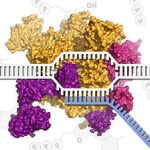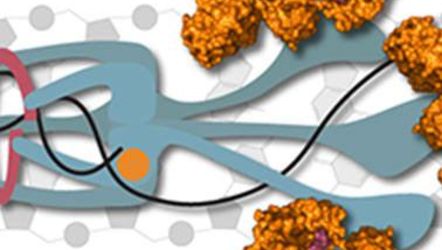
Molecular Biology - Part 1: DNA Replication and Repair
You’re acquainted with your DNA, but did you know that your cells synthesize enough DNA during your lifetime to stretch a lightyear in length? How does the cellular machinery accomplish such a feat without making more mistakes than you can survive? Why isn’t the incidence of cancer even higher than it is? And, if the DNA in each and every cell is two meters long, how is this genetic material compacted to fit inside the cell nucleus without becoming a tangled mess?
Are you ready to go beyond the “what" of scientific information presented in textbooks and explore how scientists deduce the details of these molecular models?
Take a behind-the-scenes look at modern molecular genetics, from the classic experimental events that identified the proteins involved in DNA replication and repair to cutting-edge assays that apply the power of genome sequencing. Do you feel confident in your ability to design molecular biology experiments and interpret data from them? We've designed the problems in this course to build your experimental design and data analysis skills.
Let’s explore the limits of our current knowledge about the replication machinery and pathways that protect the fidelity of DNA synthesis. If you are up for the challenge, join us in 7.28x Part 1: DNA Replication and Repair.
Follow the latest news from MITx Biology @MITxBio on Twitter.
Free
Advanced
8 weeks, 4h-6h/week
Stephen P. Bell
Massachusetts Institute of Technology
Coursearena


